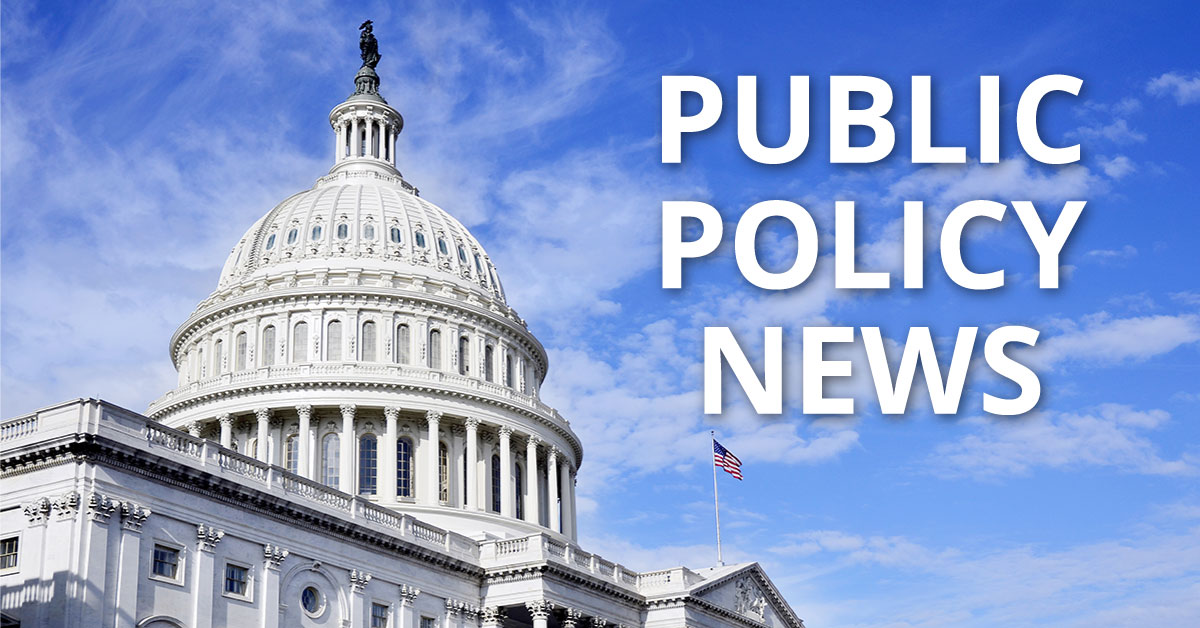by CUPA-HR | April 8, 2025
On March 28, CUPA-HR joined the American Council on Education and other higher education associations in filing an amicus brief in Pavia v. NCAA, which challenges the association’s eligibility rules with respect to the five-year time limits for student-athletes. The brief was filed with the United States Court of Appeals for the 6th Circuit.
Background
Pavia filed the lawsuit against the NCAA in November 2024, claiming that the NCAA’s ability to limit eligibility for previous junior college transfers by counting their competition years in junior college towards the number of years they are eligible to compete in NCAA sports restrains labor market forces and thus violates antitrust laws. A federal district court judge agreed on the merits of Pavia’s arguments and issued a preliminary injunction blocking the NCAA from enforcing its eligibility rules and allowing Pavia only to play an additional season. The judge argued that the ability for student-athletes to earn money through name, image and likeness (NIL) deals thus makes the NCAA’s eligibility rules “commercial,” meaning the rules themselves would not survive antitrust scrutiny. The NCAA appealed this ruling to the 6th Circuit Court of Appeals, where the case awaits further litigation.
Amicus Brief
The brief, filed by ACE, CUPA-HR, and five other higher education associations, argues that all eligibility rules set by the NCAA, including the five-year time limitations challenged in this case, aim to ensure “the primacy of the educational context for the student-athlete experience.” The brief argues that the preliminary injunction placed by the district court threatens to “shift the formulation and enforcement of the NCAA’s eligibility rules from educators and athletics administrators to federal courts” as any student-athlete disqualified by an eligibility rule could request a court to file an injunction and argue that the eligibility rule restricts their ability to pursue NIL deals. This would ultimately result in a patchwork of waivers granted by judges nationwide, undermining the national system of enforcement already in place through athletic associations like the NCAA and cementing federal judges as the unofficial court of appeals for the NCAA.
CUPA-HR will continue to monitor for updates related to this court case.

